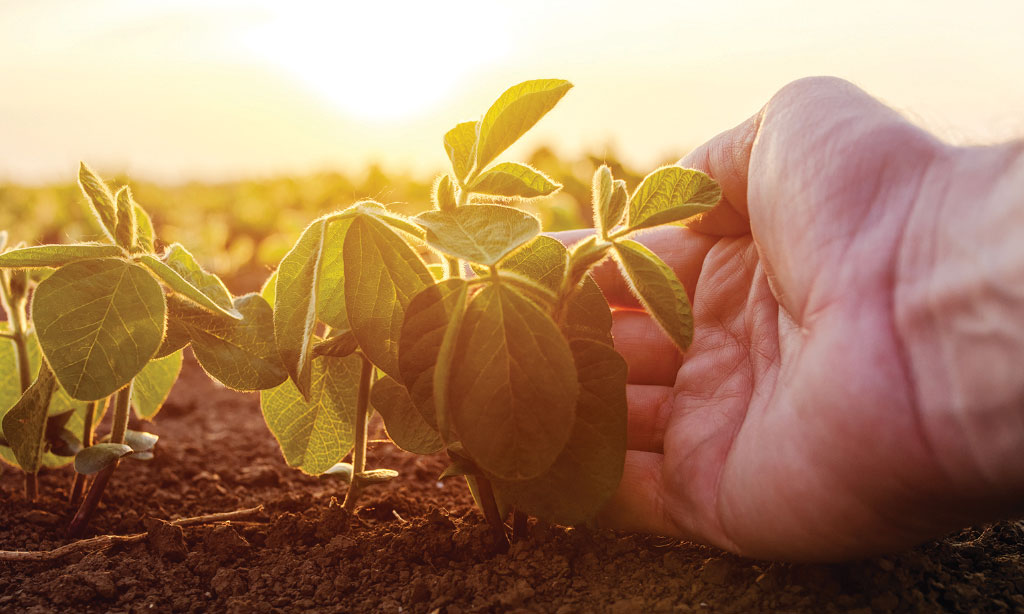By Carol Harrison, RD
Genetically modified foods (GMOs) have become a real hot-button topic for consumers; but we’re all so busy, it can be hard for us and our clients to find the time to even get the basic information under our belts.
As a dietitian, I’ve had to research this topic because long gone are the days when consumers only ask about the nutritional merits of foods. How food is produced matters to us all. We want reassurances that our food is safe and healthy, and of course, we’d like to see it remain affordable too.
What are GMOs?
For thousands of years, farmers have been choosing seeds from plants with the traits they are looking for (maybe the sweetest apples or disease-resistant potatoes). With today’s technology, plant scientists can use precise genetic engineering methods to transfer a desirable trait from one plant to another, or alter a trait of a plant.
By using genes that help with disease or insect resistance or drought tolerance, the result has been that we can produce more food with fewer resources (land, water, fertilizer, and pesticides). Not only does that help to keep the cost of food down, but the environmental footprint is minimized as well.
Good to know: The widespread use of the “non-GMO” claim on labels may lead people to think there are many GMO foods available, but the truth is there are only six GMO crops produced in Canada:
- Canola
- Corn
- Potatoes
- Soybeans
- Alfalfa
- Sugar beets
Hooray for plant scientists! We may not grow papayas in Canada, but thanks to GMO technology we can buy them in stores. The ringspot virus threatened to wipe out the papaya industry in Hawaii until a local plant scientist used GMO technology to come up with a disease resistant variation.
Are GMOs safe?
The consensus on the safety of GMOs is very reassuring. The following scientific and regulatory groups have all reviewed more than 1700 studies on GMOs and they all conclude GMOs are safe for humans and the environment:
- Health Canada and Canadian Food Inspection Agency
- The American Medical Association
- Dietitians of Canada
- American Academy of Nutrition and Dietetics
- The National Academies of Science, Engineering and Medicine
- World Health Organization
- US Academy of Sciences
- Royal Societies of London and Canada
Good to know: There is a tremendous amount of fearmongering about the safety of GMOs, and that really concerns me as a dietitian. Worrying about GMOs when there is no reason to limit or avoid them distracts us from healthy habits that can truly improve our wellbeing like making half your plate veggies and fruits, or following good food safety practices.
Find out more:



